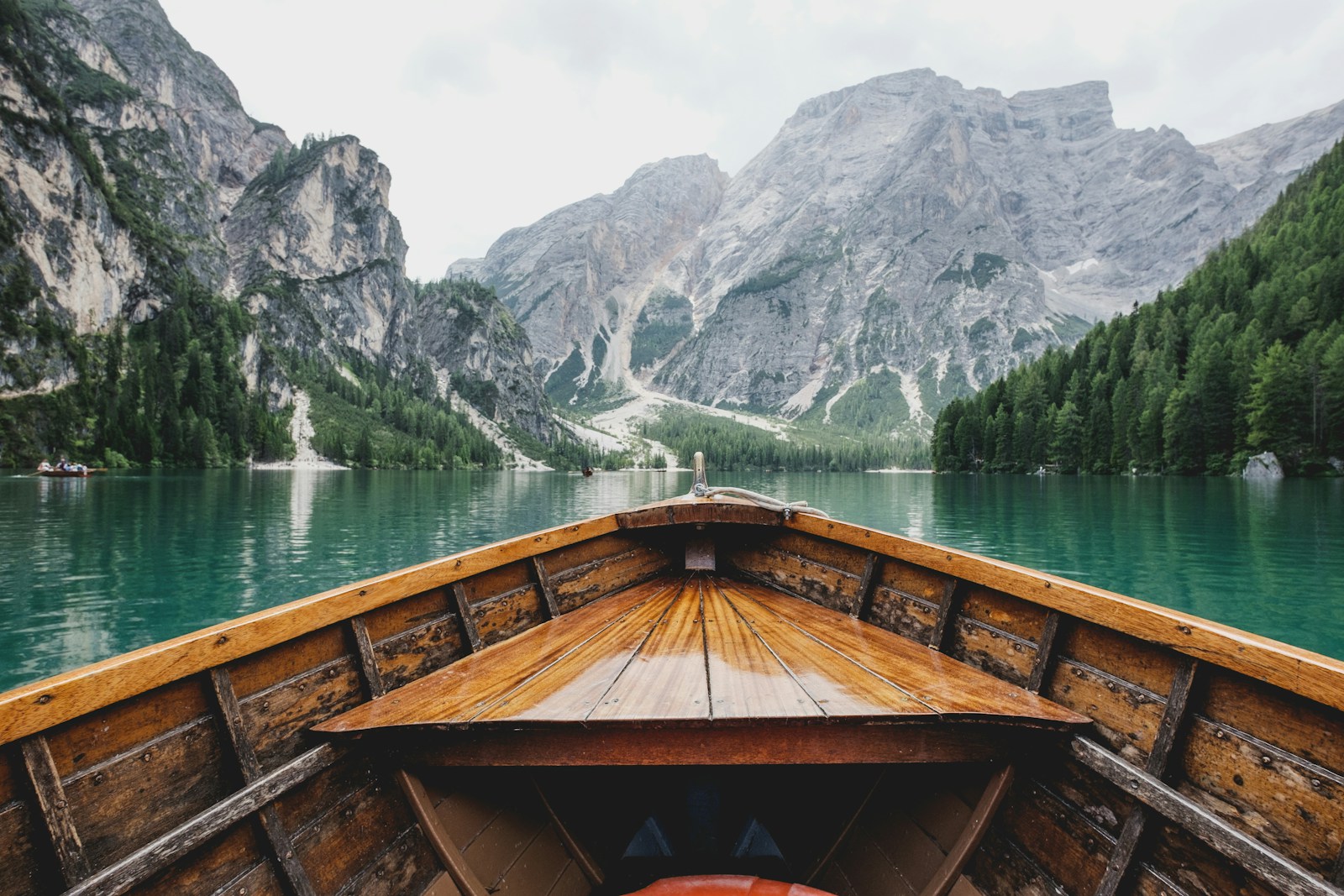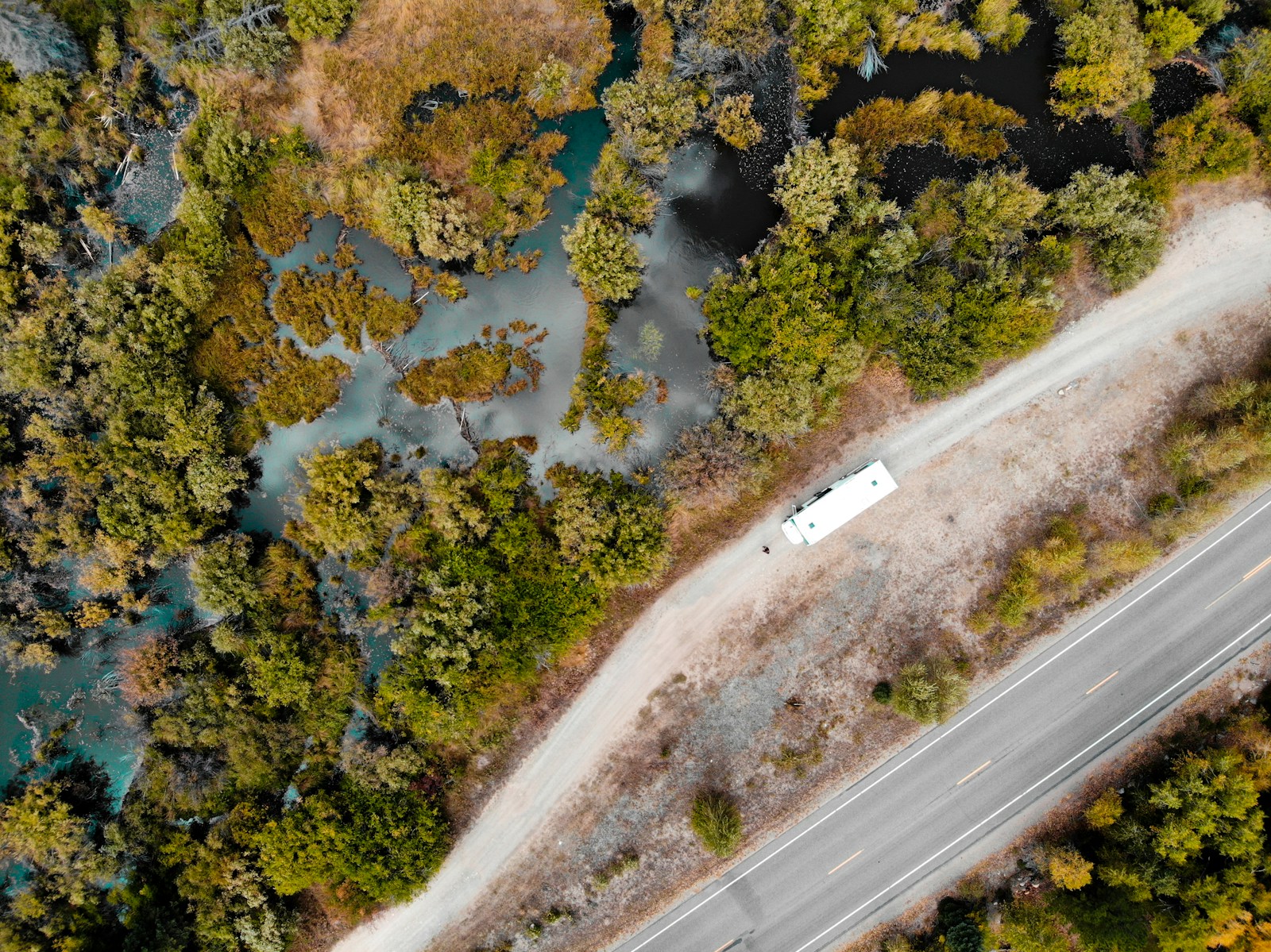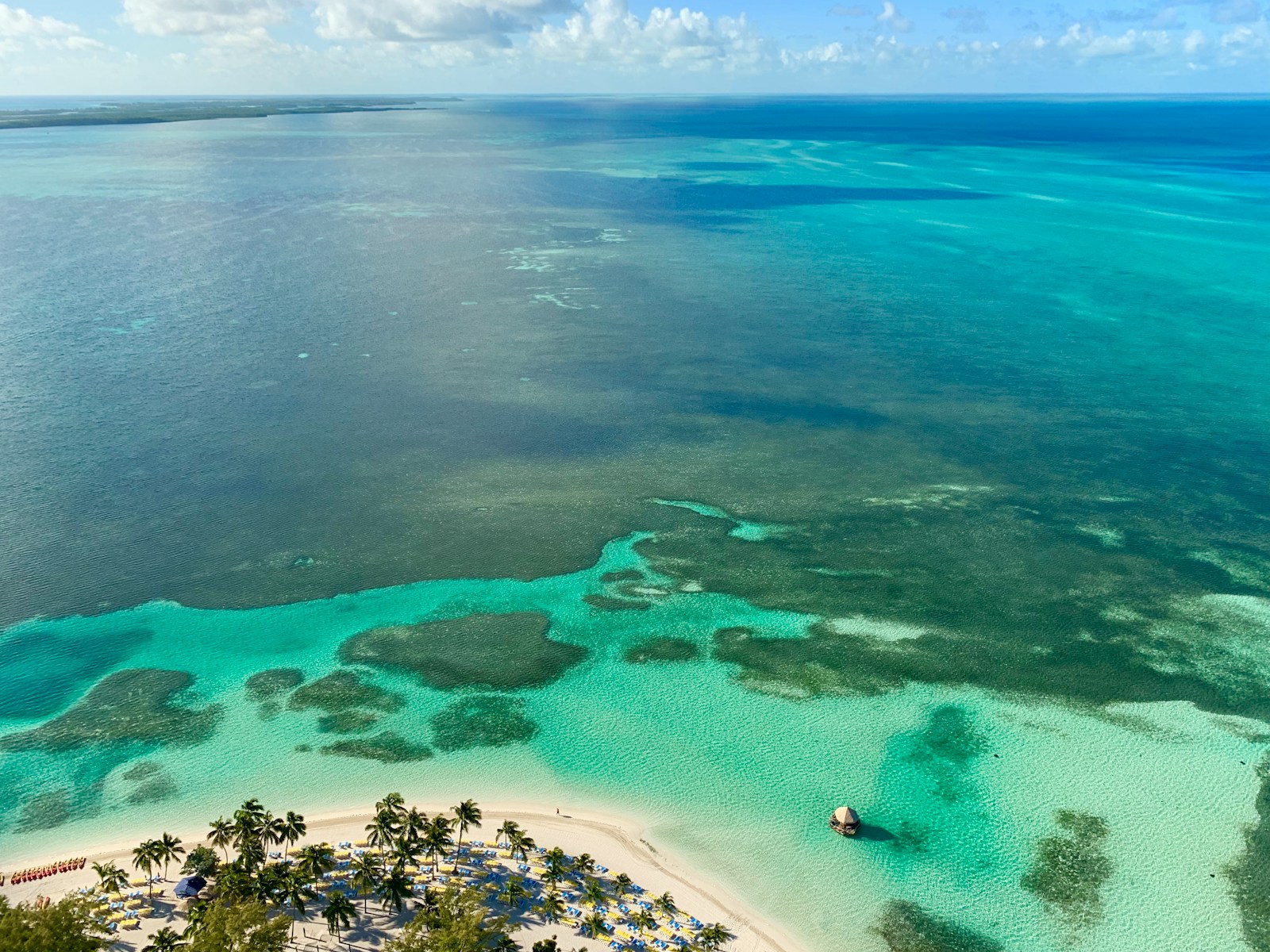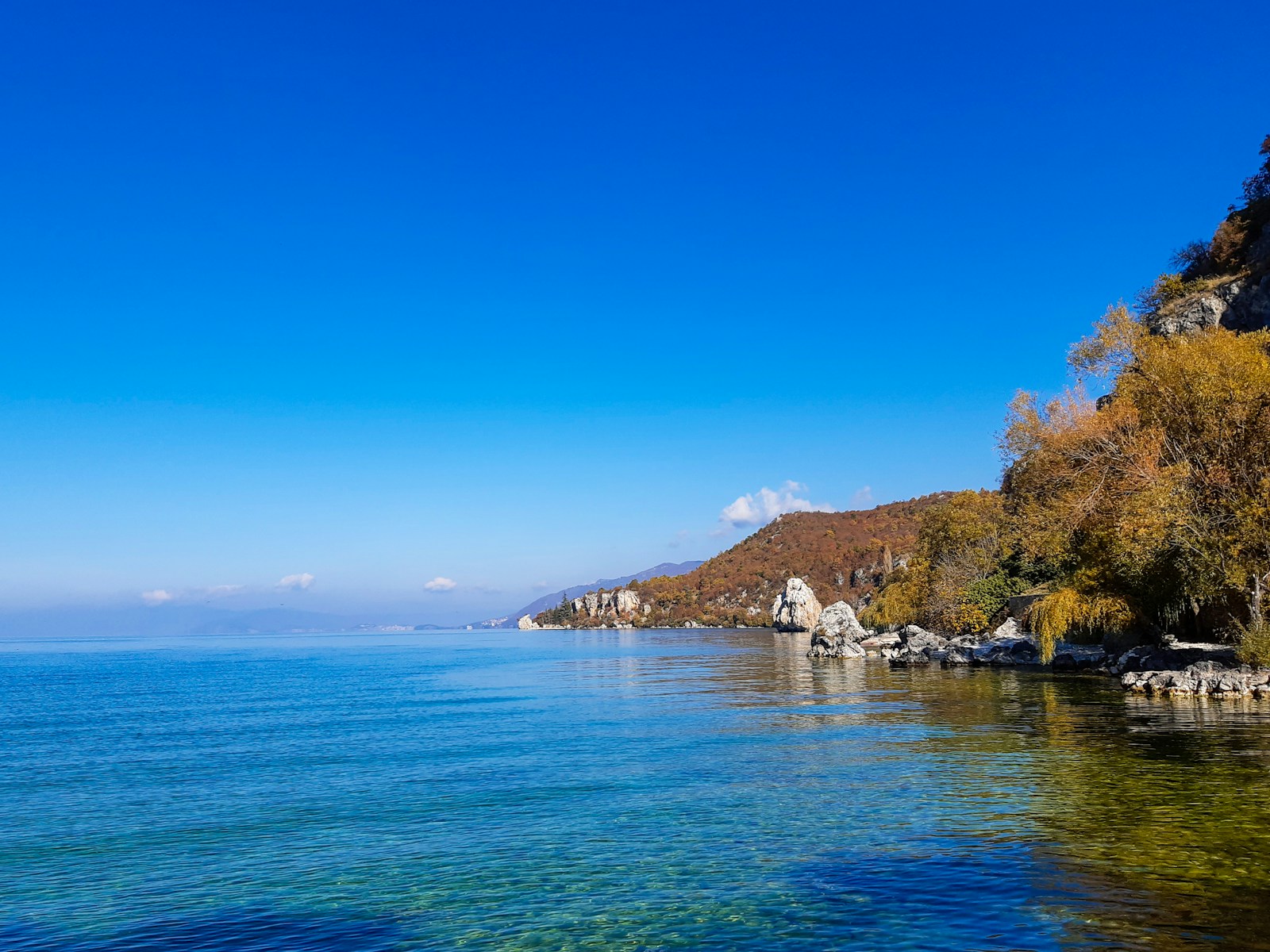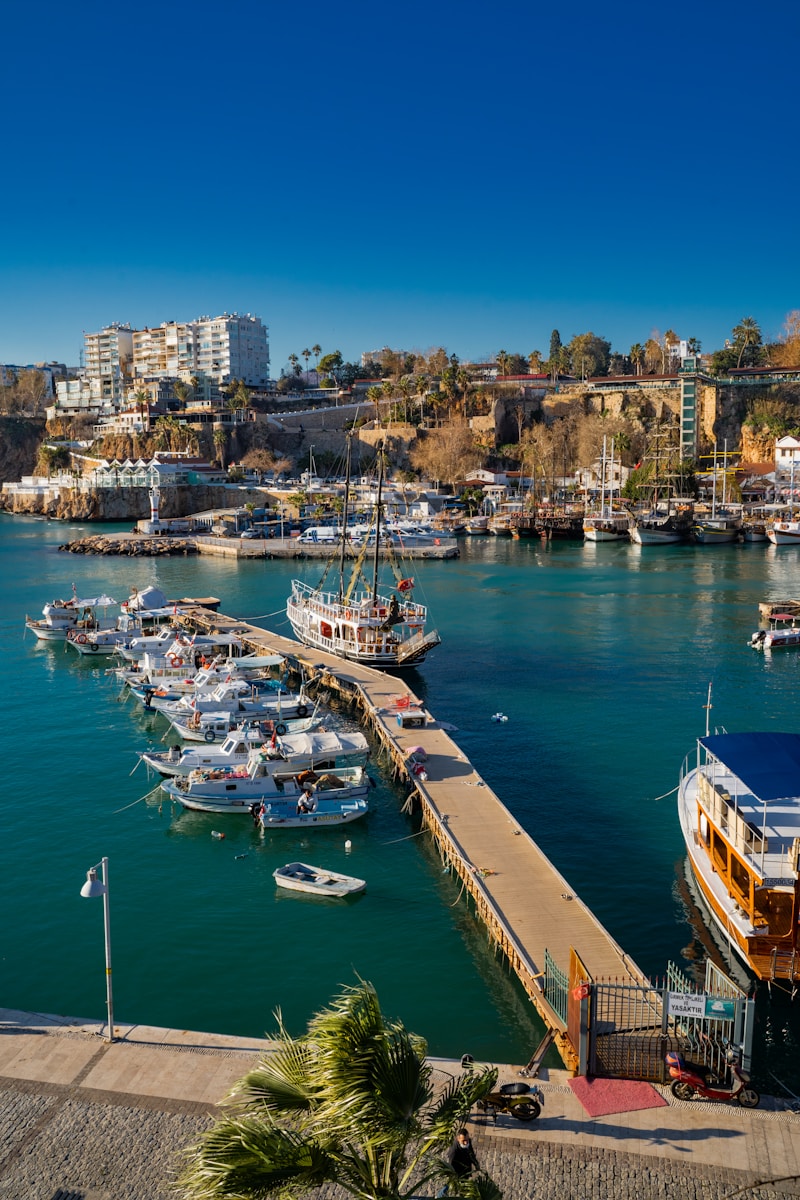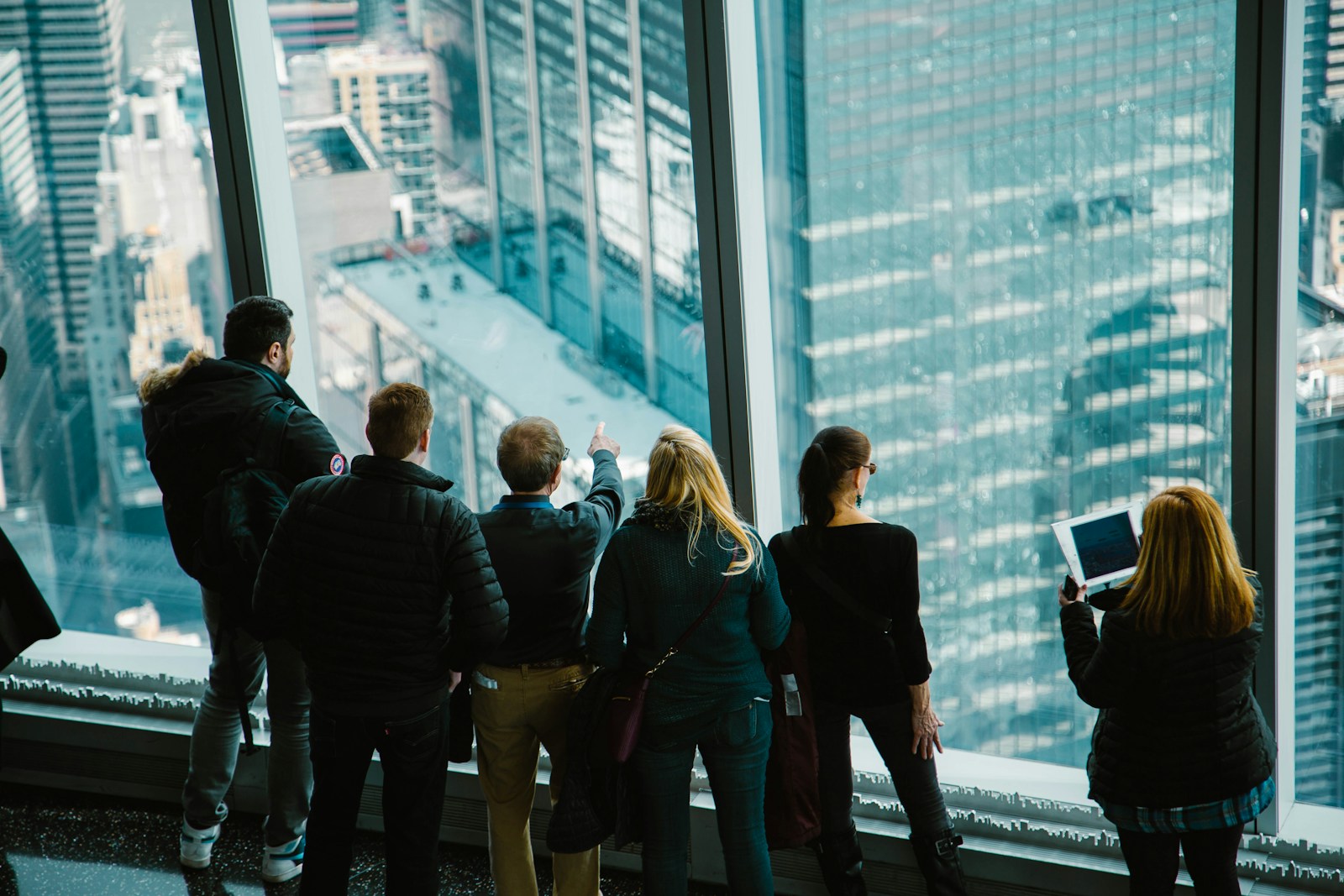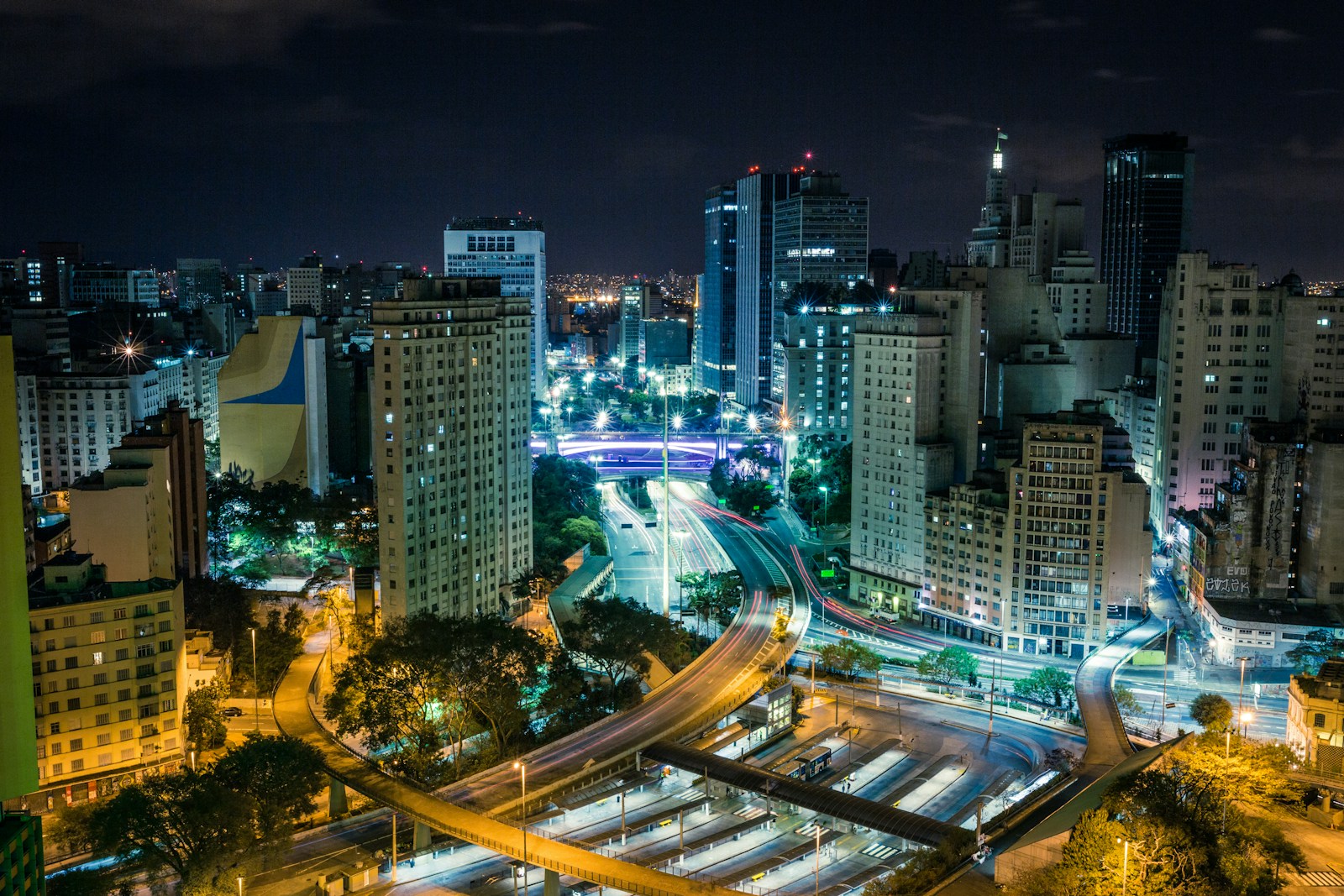Traveling offers an escape from the mundane, taking us to places with new sights, sounds, and cultures. For those who love to explore, the terms “tourist” and “tourism” often surface. Despite sounding similar, they carry different meanings and implications. Understanding this difference is essential for anyone who identifies as a travel enthusiast, sustainable traveler, or adventure seeker.
The Significance of Understanding the Difference
Why does differentiating between a tourist and tourism matter? It’s more than just semantics. Recognizing the distinction helps us appreciate the deeper layers of travel and the impacts our journeys have on the world. This knowledge empowers travelers to make informed choices, promoting experiences that are enriching and sustainable.
This blog post will guide you through these differences, helping you understand the concepts of a tourist and tourism, and how they interplay with sustainable and adventure travel. The insights shared here aim to elevate your travel adventures and encourage mindful exploration.
Defining a Tourist
A tourist is typically someone who travels for leisure, exploring destinations to sightsee, relax, or experience new cultures. Tourists often seek popular spots, guided tours, and activities that promise an enjoyable experience. They might visit historical landmarks, dine at renowned restaurants, or take part in local festivals.
Tourists are characterized by their desire for comfort and convenience. This often involves staying at well-reviewed hotels, using tour operators, and sticking to itineraries. They might travel in groups or family units, looking for experiences that offer value and enjoyment.
The behavior of tourists can impact local communities both positively and negatively. While they bring revenue and cultural exchange, they can also contribute to overcrowding and environmental degradation if the destination is not managed sustainably. Understanding these behaviors helps in promoting responsible tourism practices.
Understanding Tourism
Tourism is the larger umbrella under which the concept of being a tourist falls. It’s an industry encompassing travel, hospitality, and entertainment sectors, driving economic growth globally. Tourism involves the movement of people from one place to another, facilitating intercultural exchange and economic benefits for both travelers and host communities.
Economically, tourism can be a boon, creating jobs, boosting local businesses, and fostering infrastructure development. Socially, it encourages cultural understanding and tolerance, as travelers and locals engage with each other’s customs and traditions.
However, tourism is not without its challenges. The environmental impact of tourism can be significant, from carbon emissions of flights to overuse of natural resources. Socially, unchecked tourism can lead to the loss of cultural identity and community displacement. Balancing tourism’s benefits with its drawbacks is crucial for sustainable development.
Comparing Tourist and Tourism
While tourists are individuals, tourism is the collective phenomenon of these individuals traveling. The mindset differences between a tourist and tourism are significant. Tourists focus on personal experiences, whereas tourism encompasses the broader impacts on destinations.
Travel patterns of tourists often revolve around trending locations and seasons, influenced by marketing and media. In contrast, tourism looks at these patterns to manage resources, plan infrastructure, and develop policies that maximize benefits and minimize harm.
The impact on destinations varies. Tourists may inadvertently contribute to negative effects due to lack of awareness, such as contributing to waste or straining local services. Tourism, when managed well, aims to mitigate these impacts through sustainable practices, ensuring destinations remain viable for future generations.
The Rise of Sustainable Travel
Sustainable travel has gained momentum as more travelers become aware of their environmental footprint. Sustainable travelers make conscious decisions to minimize negative impacts and contribute positively to the communities they visit. This approach emphasizes respect for natural environments, cultural heritage, and local economies.
Sustainable travel encourages choosing eco-friendly accommodations, supporting local businesses, and reducing waste. It also involves educating oneself about the cultural norms of a place and engaging in activities that promote conservation.
For tourism, sustainable practices are becoming integral. Destinations are adapting by implementing green policies, offering eco-friendly options, and encouraging responsible tourism. The rise of sustainable travel signifies a shift in the tourism landscape, promoting a balance between enjoyment and preservation.
Adventure Seekers and Unique Travel Experiences
Adventure seekers are a unique breed of travelers seeking thrills and off-the-beaten-path experiences. Their travel style differs from traditional tourism, focusing on activities like hiking, scuba diving, or cultural immersion. Adventure travel often involves smaller groups and personalized itineraries.
These travelers prioritize authentic experiences over comfort. They might choose a homestay over a hotel or a local guide over a packaged tour. This mode of travel allows deeper connections with the destination, often leading to a more rewarding and memorable experience.
Adventure travel contributes to tourism by showcasing lesser-known destinations, spreading tourist traffic, and supporting local economies. It challenges the conventional tourist model, highlighting the importance of diverse travel experiences that respect the cultures and environments of host communities.
Conclusion
Understanding the difference between a tourist and tourism is pivotal for enriching travel experiences. While tourists enjoy the immediate benefits of travel, tourism reflects the broader impacts on the world. This awareness prompts travelers to make choices that are not only enjoyable but also responsible.
As you plan your next adventure, consider the implications of your travels. Engage in sustainable practices, seek authentic experiences, and respect the destinations you visit. To further explore mindful travel, look into resources on sustainable and adventure travel that offer guidance and inspiration.
Your travel choices can make a difference. By being an informed traveler, you contribute to a more sustainable, inclusive, and vibrant world. Seek out new experiences with an open heart and mind, and remember that every step you take can help pave the way for future generations of explorers.


